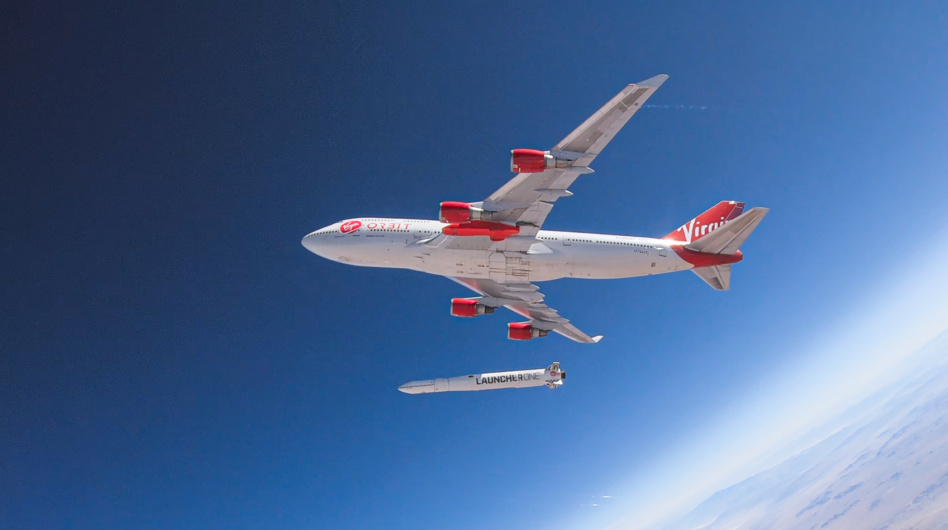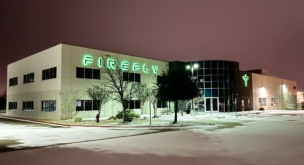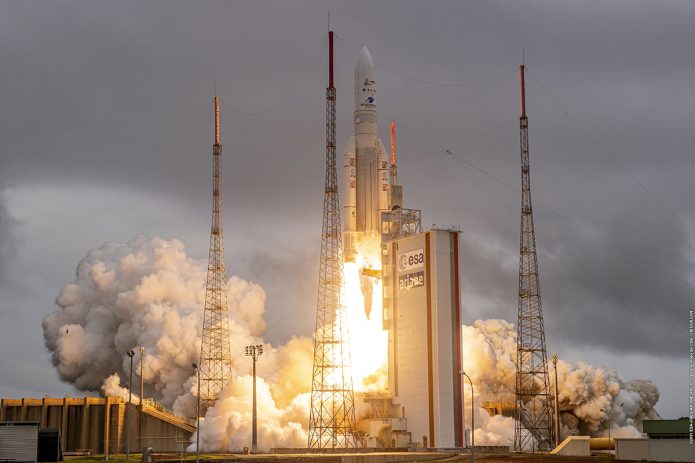Virgin Orbit said Tuesday SPAC shareholders have voted to approve its SPAC merger with Nextgen Acquisition Corp. II. Virgin expects the de-SPAC to take place this year (so, this week). After the transaction closes, the combined entity will become a publicly traded company on the NASDAQ with the $VORB ticker.
SPAC deets: Virgin Orbit expects to pull in $68M from Nextgen shareholders, in addition to $160M in PIPE funding from Boeing, AE Industrial Partners, Virgin Group, and Mubadala, the Emirati sovereign investment fund.
The $228m in proceeds satisfy the SPAC’s minimum cash condition, but fall well short of what Virgin Orbit and sponsors were expecting to raise from shareholders (up to $483M, with only $100M in PIPE funding).
- The data points to a high redemption rate, the percentage of shares redeemed by SPAC investors prior to a merger closing.
- Planet, by contrast, had a ~2% redemption rate. A number that low is the exception rather than the rule, especially for SPACs of late.
VORB 101: Virgin Orbit, which delivers smallsat payloads to LEO, spun out from human spaceflight counterpart Virgin Galactic in 2017. It’s part of an exclusive, elite club of private companies that have reached orbit with a liquid-fueled rocket—and an even smaller club that is currently flying commercial payloads.
Virgin Orbit’s secret sauce and differentiator is its unique air-based launch system, which consists of a bespoke rocket—LauncherOne—and a modified Boeing 747-400—Cosmic Girl. According to third-party reports, Virgin’s launch system was far more expensive to develop— $700M through last Sept., per Forbes—than orbital peers.
Track record: Virgin has launched 19 satellites to date for civil, commercial, and military space customers. Like many SPAC companions, Virgin has a pretty…bold…vision for forward-looking revenue projections. Per its Aug. investor presentation, Virgin Orbit expects to make $15M in 2021, $70M next year, $331M in 2023, and $2B+ in 2026 (a 133x jump over five years).
What we’re wondering: Two things.
- Will $VORB get the same attention as Virgin Galactic ($SPCE)? The latter, at times, has been a darling of retail investors (and even a meme stock). That attention and volatility cut both ways, as exec share sales, commercial service delays, and regulatory scrutiny have contributed to $SPCE falling back down to Earth (-42% YoY).
- Does the war chest extend a streak of deal-making into the new year? In the last two-ish weeks alone, Virgin Orbit has announced equity investments in SatRevolution, Hypersat, and Horizon Technologies.
Dates to watch: Sir Richard Branson and Virgin Orbit executives will ring the opening bell at the Nasdaq on Tuesday, Jan. 7. The company’s next mission, Above the Clouds, is expected to take place the week after. On the manifest: seven satellites for the Pentagon, SatRevolution, and Spire (a late add).





